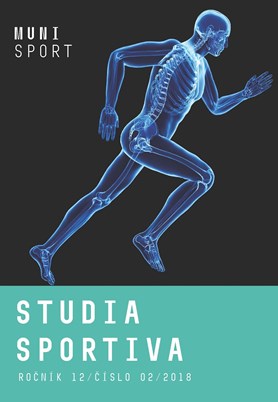“Olympism“ and Olympic Education in Greek Antiquity
“Olympism“ and Olympic Education in Greek Antiquity
Author(s): Jiří KouřilSubject(s): Sports Studies
Published by: Masarykova univerzita nakladatelství
Keywords: Games; Greek antiquity; nudity; olympism; olympic education; sport buildings; winners
Summary/Abstract: This paper deals with basic points which comprise Olympic and “sport“ education in the Greek antiquity. Until the emergence of professionalism in ancient athletics was the essence of "sport" education and Olympism the areas known as free “sport“, nudity, construction of “sports“ buildings, organizing of many games and relation of society to the Olympic winners as well as leading the citizens to cultural and philosophical ideals. The education itself to the Olympic Games and “sport“ had an important role in ancient Greece. Victory in the Panhellenic Games was very important not only for the victors as individuals, but also for their lineage and the city-state. Each victor entered the next level, which was close to the heroes and gods. They acquired semi-divine status and the homages for them by all society and mainly by the city-states were greatly important for cultural outputs and conception of all society. The influence of victors on youth was huge and this influence was one of the most important educational parts of all ancient Greek culture. The winners of great Panhellenic Games, especially the winners of the Olympic Games or περιοδονῑκοι (periodonikoi), were the best role models with big cultural power and the best examples for youth. Successes of ancient athletes supported sport education of young Greek boys, thus also the military training and this conception created better warriors and defenders of the city-states.
Journal: Studia sportiva
- Issue Year: 13/2019
- Issue No: 1
- Page Range: 74-84
- Page Count: 11
- Language: English

